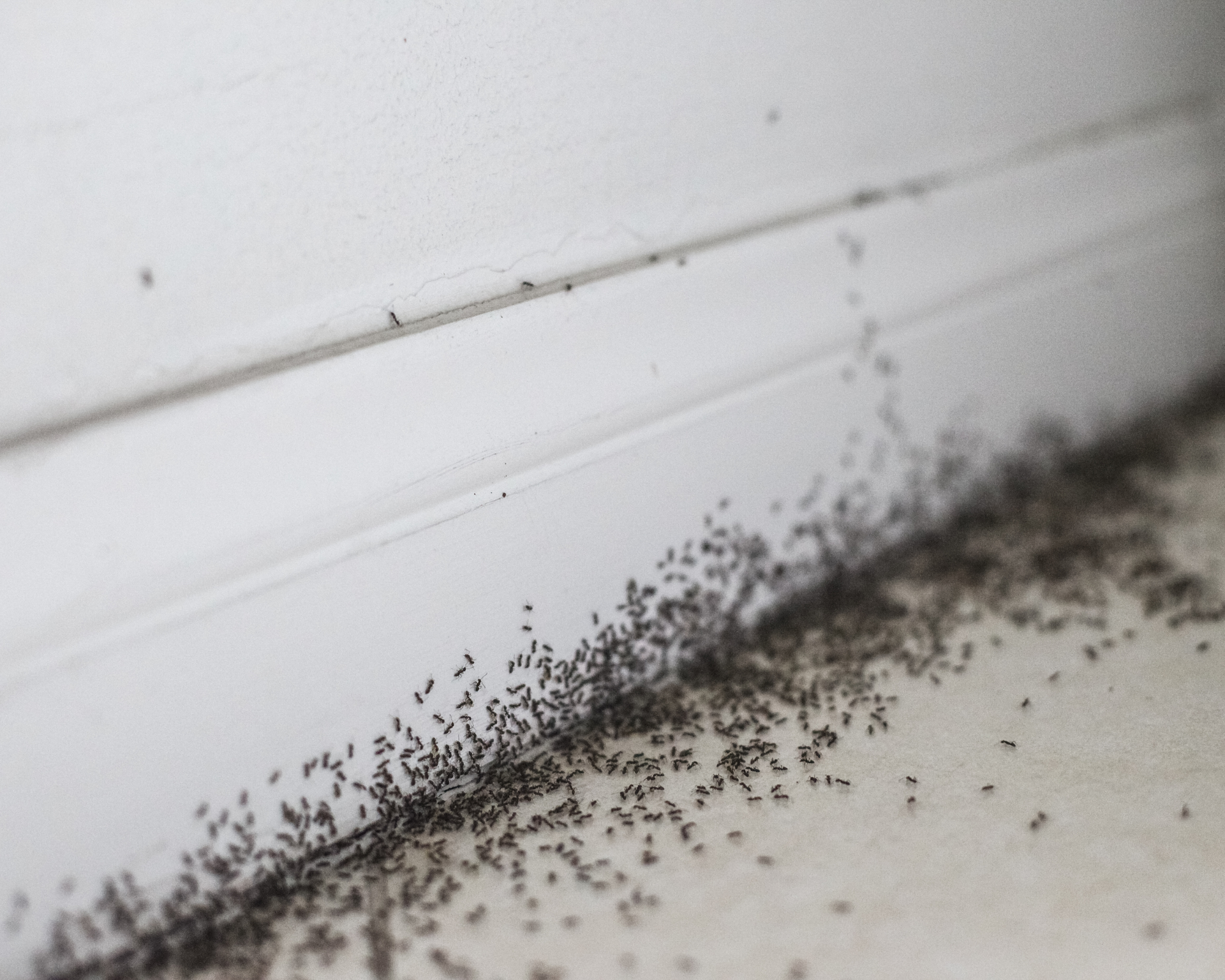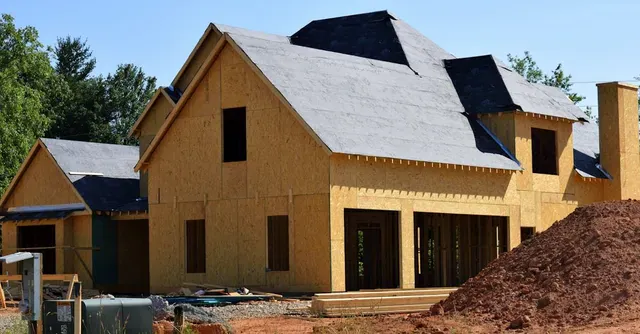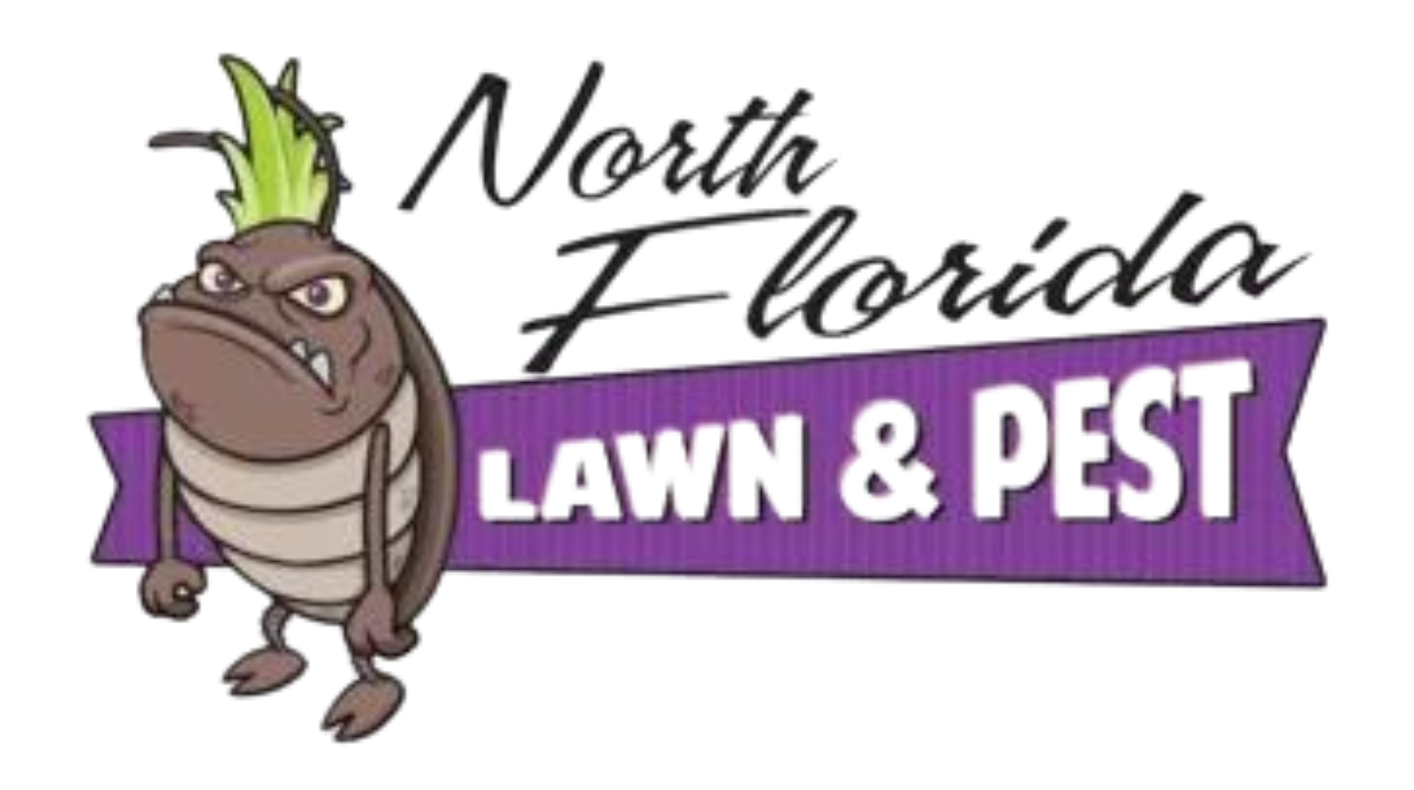Does Construction Increase Pest Activity?
Why Does Construction Attract More Pests?
Construction projects often result in an uptick in pest sightings, and it's no coincidence. The activity on a construction site has a direct impact on pests' behavior and habitat. Here's a look at why pest issues tend to spike during construction and what you can do to minimize them. When the problem gets out of hand, don’t hesitate to call a trusted pest control company like St. Augustine Pest Control By NFLP.
Disturbing Their Natural Environment
As construction clears land or digs up soil, pests like rodents, ants, and termites lose their natural homes. In their search for new shelter and food, these critters often find their way into nearby structures, including homes and businesses.
New Food and Water Sources
Construction sites can unintentionally provide an ideal environment for pests. Leftover food from workers, standing puddles, and exposed materials can attract various pests, from rodents to insects, offering them the resources they need to thrive.
Openings in Buildings
During construction, buildings often have temporary gaps, cracks, or unfinished sections. These vulnerable areas give pests easy access to the interior, and these openings can remain exposed for extended periods, making it easy for pests to sneak in.

Different Construction Phases and Pest Prevention
Pest activity can fluctuate during various stages of a construction project. Understanding how each phase impacts pests can help you take the right preventive steps. Whether you’re breaking ground or finishing a build, keeping pests in check is essential. St. Augustine Pest Control By NFLP is here to help with expert advice and services to tackle pests at any stage.
Before Construction Begins
Before the first shovel hits the ground, pests like termites, ants, and rodents may already be present on the site. Treating the soil before construction starts is a smart move, especially when it comes to termites. Preventative treatments can ensure that pests don’t migrate into the new structure once it’s built.
During Construction
As the build progresses, pests become more drawn to the activity. Consider implementing these preventive measures:
- Use bait stations to manage pest populations around the site.
- Ensure proper drainage and grading to avoid standing water, which can attract pests.
- Keep the site free of food scraps and other debris by cleaning up regularly.
After Construction is Complete
Even after the building is finished, pests can still find ways in. To avoid this:
- Install lights that are less likely to attract flying insects, like sodium vapor lights.
- Use plants in your landscaping that pests find unappealing, and keep them at a safe distance from the structure.
- Seal any gaps or cracks around windows and doors with weatherstripping or screens to block pest entry points.
Recognizing Signs of Pest Activity at a Construction Site
- Seeing the Pests Themselves: Whether it's insects, rodents, or other unwanted guests, spotting them is an obvious sign.
- Material Damage: If you notice chewed-up wood, gnawed wiring, or damaged insulation, pests could be to blame.
- Droppings or Nests: Finding pest nests or droppings is another clear sign of active infestations.
- Odd Smells: Unpleasant odors from pest waste like urine or feces can indicate you have an issue.
- Health Concerns: Pest exposure can cause illness or injury, which could lead to safety concerns on-site.

Ways to Stay Ahead of Pest Problems
Consult With Local Pest Control Experts
Bringing in a pest control expert early in the project can save you time and headaches later. A professional can assess your site, offer advice on preventing pest problems, and provide guidance tailored to your specific area. Even just a consultation with a reliable pest control company can be invaluable.
Keep a Close Eye on the Job Site
Regular inspections during construction are crucial for catching pest issues before they get out of hand. By actively monitoring the site, you can quickly address any signs of pests and prevent the problem from escalating.
Raise Awareness on Site
Educating both workers and future occupants about pest prevention is key. Simple actions like maintaining cleanliness and reporting pest sightings early can go a long way in preventing infestations.
Why Hiring Pest Control Pros Could Be Your Best Move
Specialized Knowledge and Techniques
A professional pest control company has the expertise to use the right methods for the pests common to your region. For instance, in Florida, you might face termite and rodent problems during construction. Experts can recommend eco-friendly solutions and ensure that your job site stays safe for workers and future residents alike.
Long-Term Prevention Strategies
Professional pest control services can set up ongoing prevention plans for building owners, providing regular inspections and treatments. While there may be an upfront cost, these plans can help keep pests away long after the construction is finished.
Cost-Effective Over Time
DIY pest control might seem cheaper at first, but it can lead to bigger problems if not done correctly. Many DIY solutions contain harmful chemicals, and if they're used improperly, they could cause health risks for those on-site. Professional pest control services offer safer, more effective long-term solutions that could save you money in the long run.
At St. Augustine Pest Control By NFLP, we understand the pest challenges construction sites face. Our services are designed to protect your project and future structures from unwanted pests. Contact us today to learn more about how we can help keep your site pest-free, or check out our FAQs to see how we support homeowners and contractors alike.
Additional Pest Control Articles You Might Find Helpful
Copyright © 2024 - St Augustine Pest Control by NFLP All Rights Reserved

